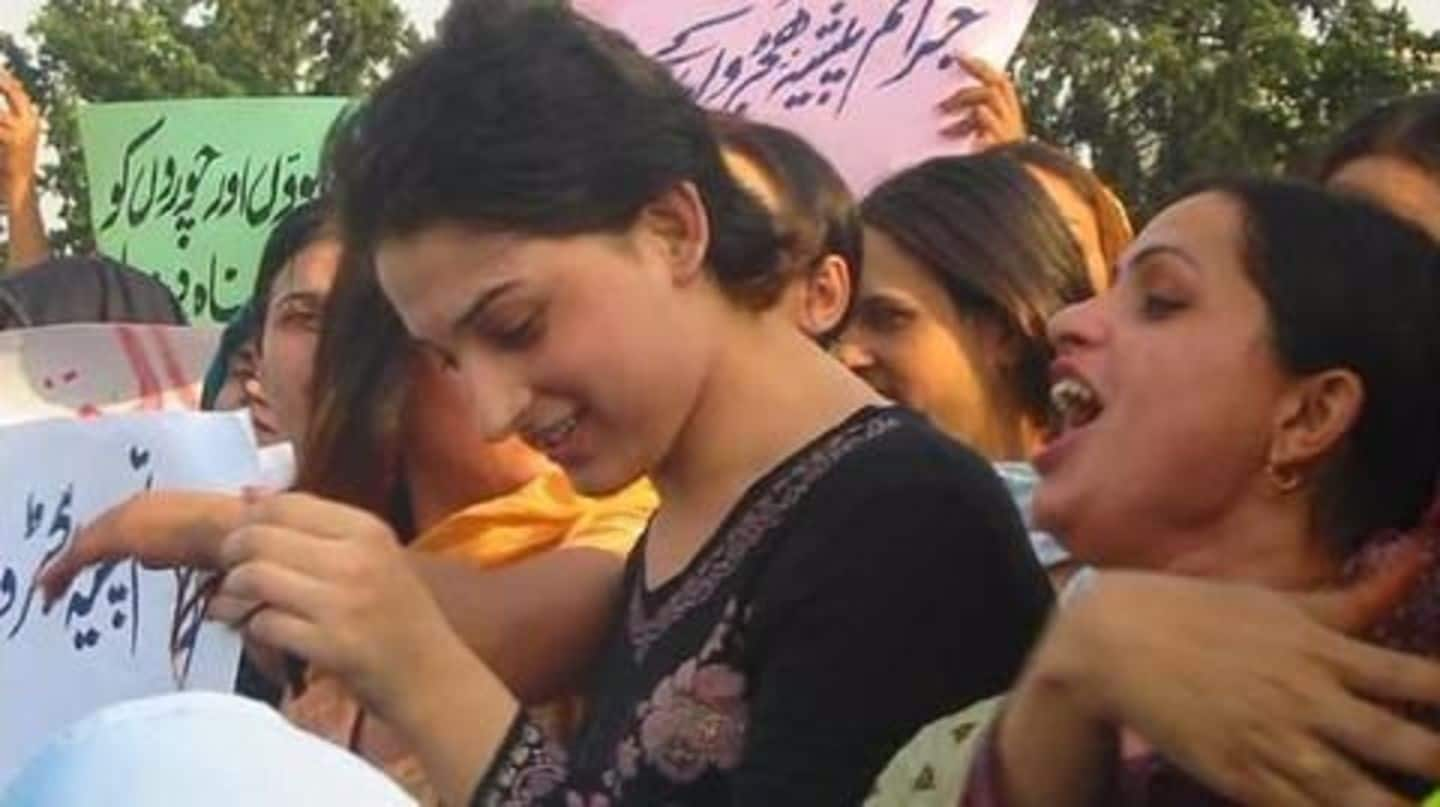
Pakistani transgenders in the pursuit of reformation
What's the story
Transgenders in Pakistan in today's contemporary society claim to be cultural heirs to the eunuchs who were present in the courts of Mughal-emperors. However, their status in the Pakistani society remains ambiguous. They are social outcasts and are surrounded by discrimination. According to studies, at least half a million of Pakistan's population are transgenders. Through this timeline, we explore the issues they face.
Introduction
Khwaja Siras
In South Asia, particularly India and Pakistan, the term 'hijra' defines transgenders who are born as males. The term more common amongst the local community members and social activists is 'khwaja sira.' 'Khwaja sira' is a more umbrella term than 'hijra', for it comprises of transsexuals, transgenders, cross-dressers and eunuchs. Pakistan's government officially recognizes them as the country's third gender.
Background
The life of Khwaja Siras
In Pakistan, khwaja siras live in organized communities, often led by a 'guru.' Gurus adopt young boys who live in conditions of critical poverty or rejection by society and flee their family of origin. The relationship of the 'guru' towards the young transgenders can be compared to that of a mentor. They mostly earn from extortion, performing at ceremonies, begging or sex work.
Social Status
Khwaja Siras and the society they live in
Most khwaja siras have a very low status in the society; they're often at the receiving end of derogatory name-calling. They are subjected to violence in public spaces like police stations and prisons as well as their homes. As with transgenders across the globe, khwaja siras face extreme discrimination in health, housing, education, employment, law, politics, etc. solely on the basis of their gender.
2012
Transgenders in Pakistan get National Identification Cards
In the year 2012, Pakistan introduced a third gender category on its national identity cards. The transgender community stood up to the Supreme Court and demanded a separate identity of their own. The Supreme Court agreed and the new category was introduced. However, the policy is still widely critiqued as transgenders have to further specify their genders as 'transgender males' or 'transgender females.'
May 2016
A transgender tragedy
In May 2016, Alisha, a transgender from the Khyber Pakhtunkhwa province in Pakistan was shot. She was taken to a hospital in Peshawar, which not only denied her treatment but also laughed at her because of her sexual orientation. Eventually, she succumbed to her injuries and died. Alisha was a victim of harassment, blackmailing and abusive behavior before she was shot.
Data
Violence against transgenders
From January 2015 to May 2016, 46 transgender people were killed in Khyber Pakhtunkhwa and FATA (Federally Administered Tribal Areas). 300 others were victims of violence in the form of rape, abduction, beatings and forced pornography.
Details
Pakistani transgenders to be included in 2017 census
On 9th February 2017, the Lahore High Court directed the federal government of Pakistan, the National Database and Registration Authority (NADRA) and the interior ministry to include transgenders in the census. This instruction was followed by a transgender individual's petition filed in November 2016. The sixth population census of Pakistan is set to begin on 15th March, 2017.